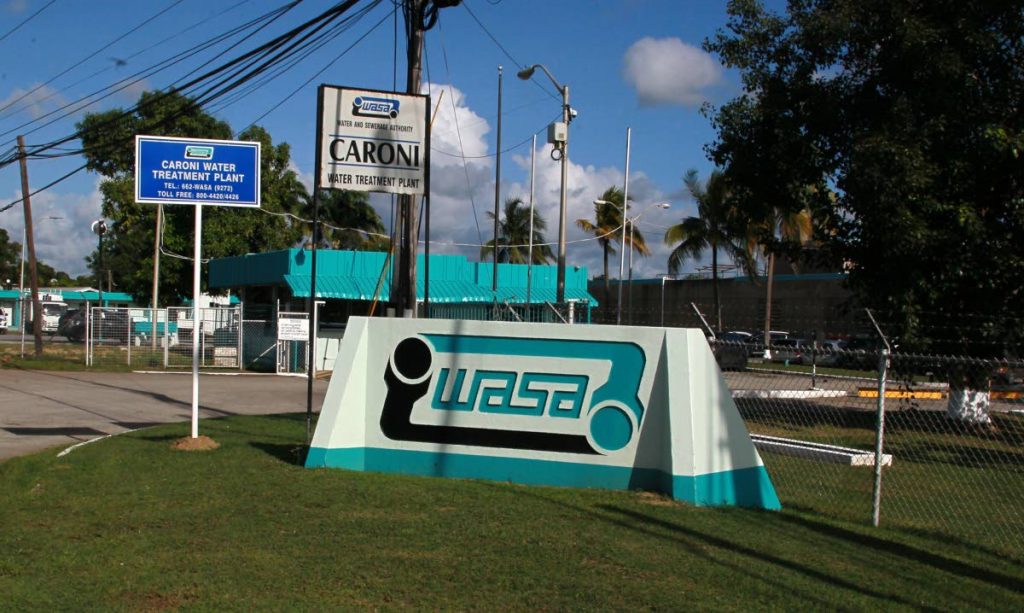More confusion at WASA

The decision by newly-appointed executive director Lennox Sealy to ask staff at WASA to volunteer $10 contributions to buy water tanks for "disadvantaged communities" was wrong-headed to begin with.
The executive director's Water Relief Fund was slammed by NUGFW president general James Lambert on the grounds that asking cleaners for $10 was "taking from the poor to give to the poor."
People needing water tanks at all is a failure of WASA's mandate, as executed by its management.
Mr Sealy clearly had not read the room at WASA, where workers in a deeply entrenched culture of privilege are reacting strongly to a strongly worded report that called for drastic action to reform the utility's operations.
That report, presented to the Prime Minister on December 11, noted that the approved organisation structure had been ignored, leading to a bloated management structure emphasising bureaucracy and spread across eight levels of management with 426 employees in leadership roles.
In 1999, Cabinet approved four levels of management and 172 staff to oversee the utility's operations.
General staffing is no better. WASA is overstaffed by 300 per cent, an excess of more than 3,000 employees.
The challenges facing WASA's management moving forward were going to be difficult enough without a doomed exercise in altruism needlessly complicating matters.
Trade unions are drawing a line in the sand at any effort by the government to rein in public-service spending.
PSA president Watson Duke declared at a press conference on Thursday: "We will protect your nice paying jobs, but more than that, we will give you an increase."
That's as clear a statement as any about who believes they are running the show at WASA.
In Mr Duke's estimation, WASA and TTEC are "the last of the dinosaurs" where public-sector pay is good.
This position, compounded by the massive overemployment at WASA, has contributed to a culture of inefficiency and widespread failure to deliver expected services, but that doesn't seem to bother either Mr Duke or the collective trade union movement at all.
In this industrial-relations environment, passing the hat to raise money for the poor using an official form was inexplicably stupid. The forms sent to staff seeking donations were properly consigned to an impromptu fire at the press conference that trade unions called on the matter.
Given the culture of the organisation, that’s not where Dr Sealy, who specialises in operational transformation, should have started in his planned reforms at WASA.
He needs to wheel and come again, this time with a strategy of meaningful engagement with the very real problems that hamper WASA in efficiently delivering a critical resource.

Comments
"More confusion at WASA"